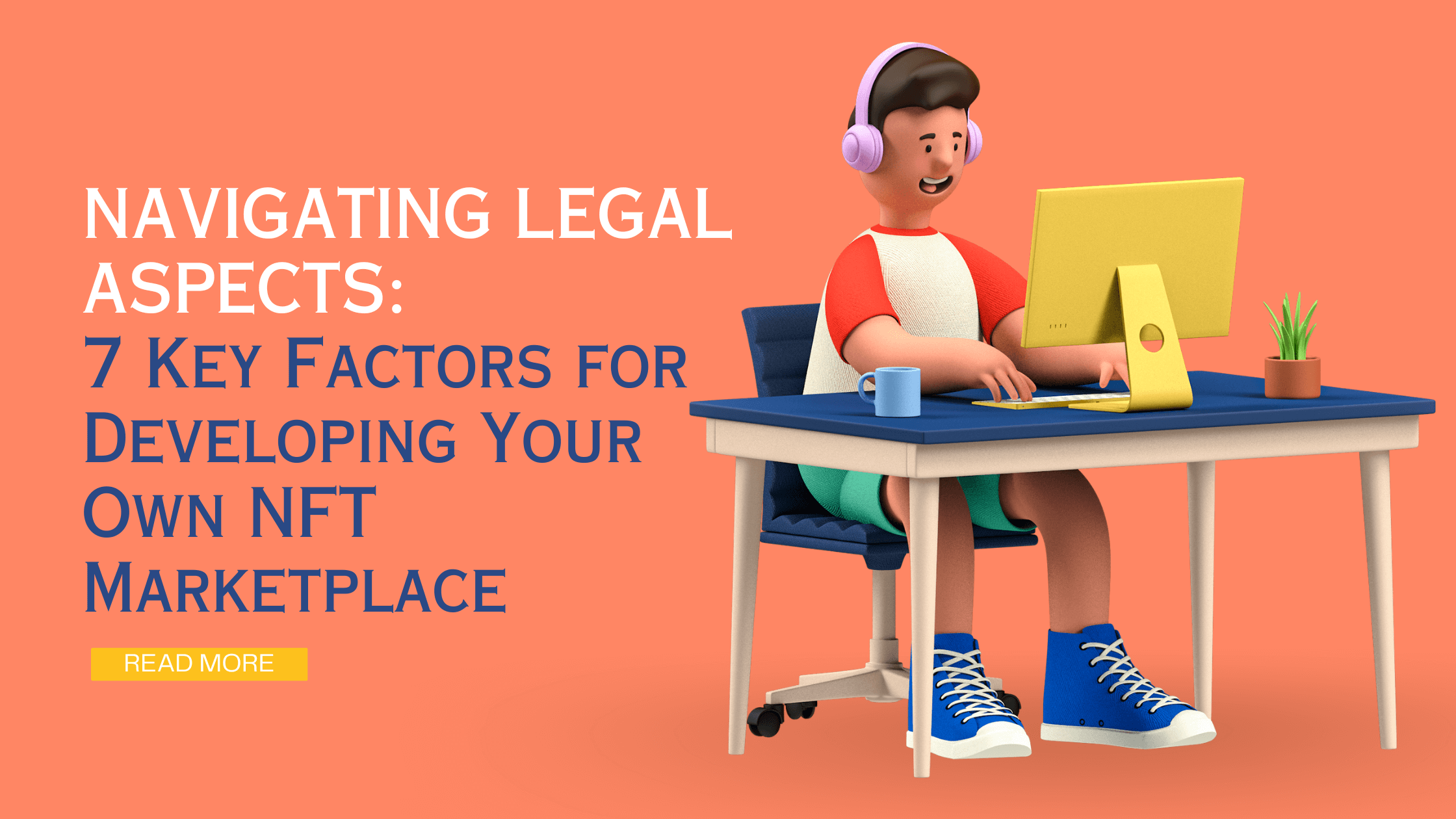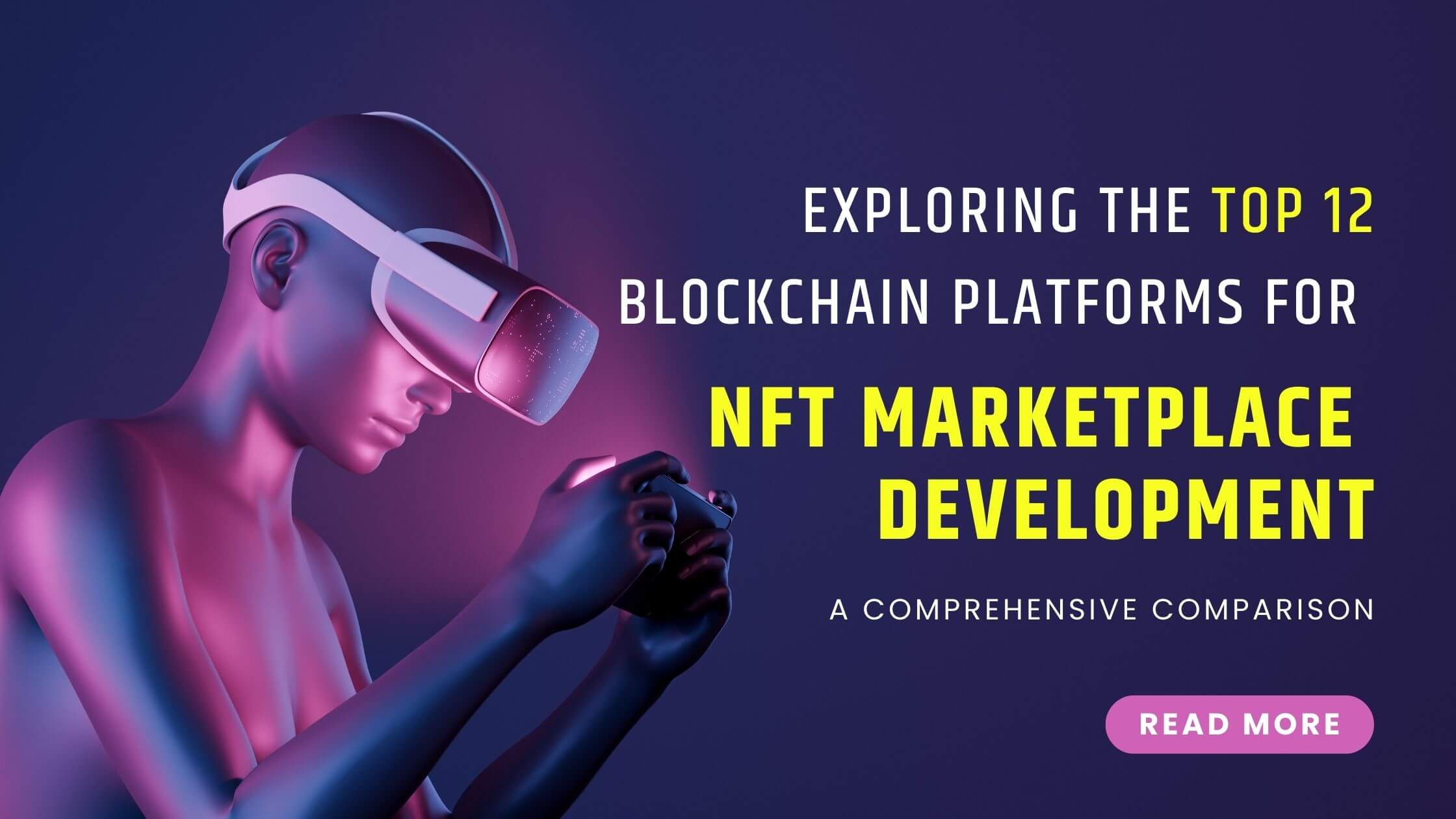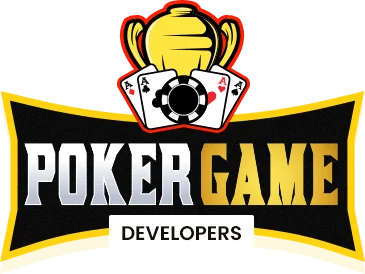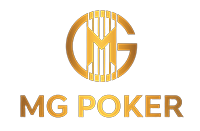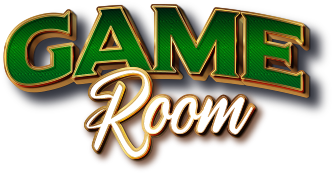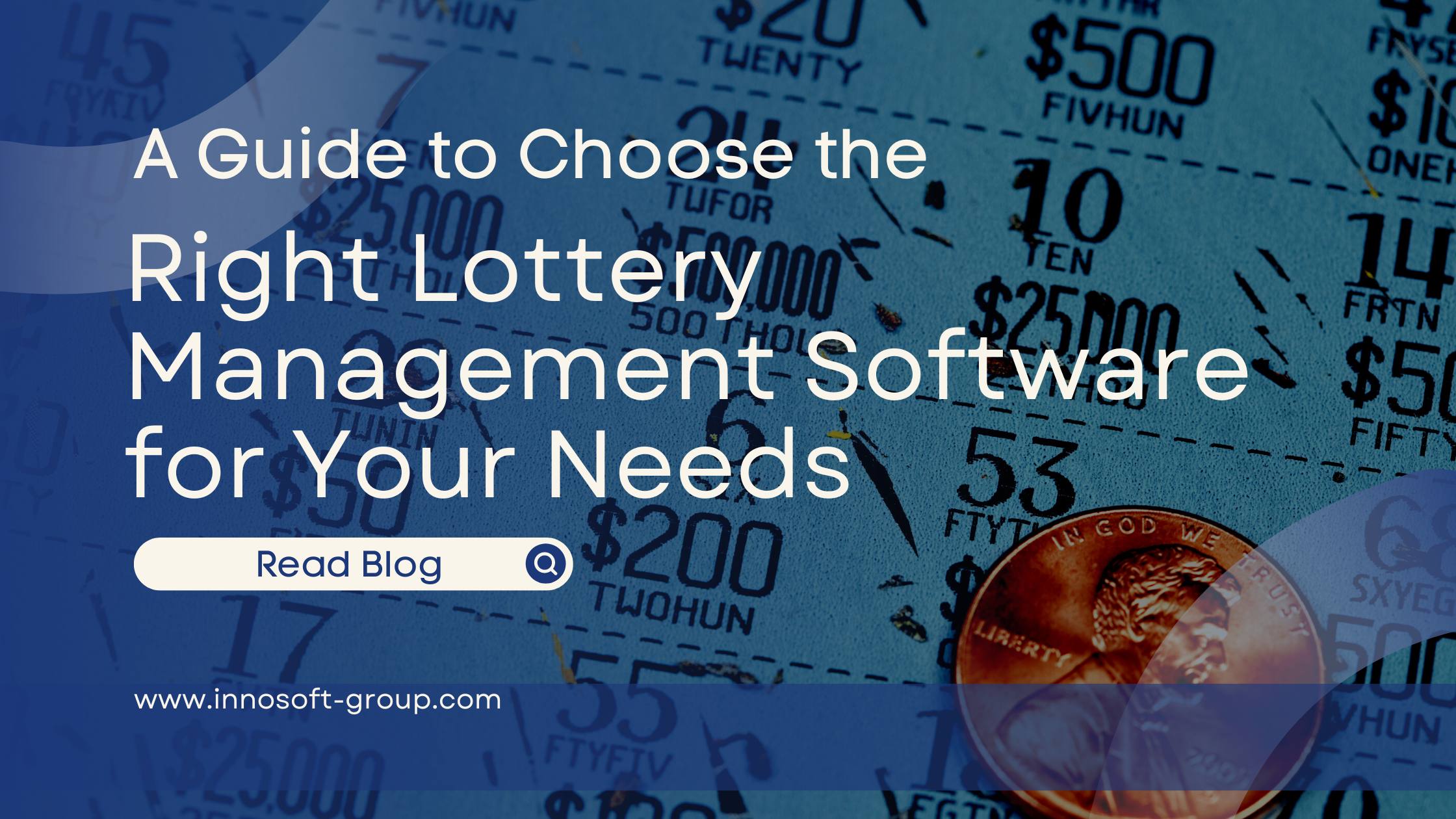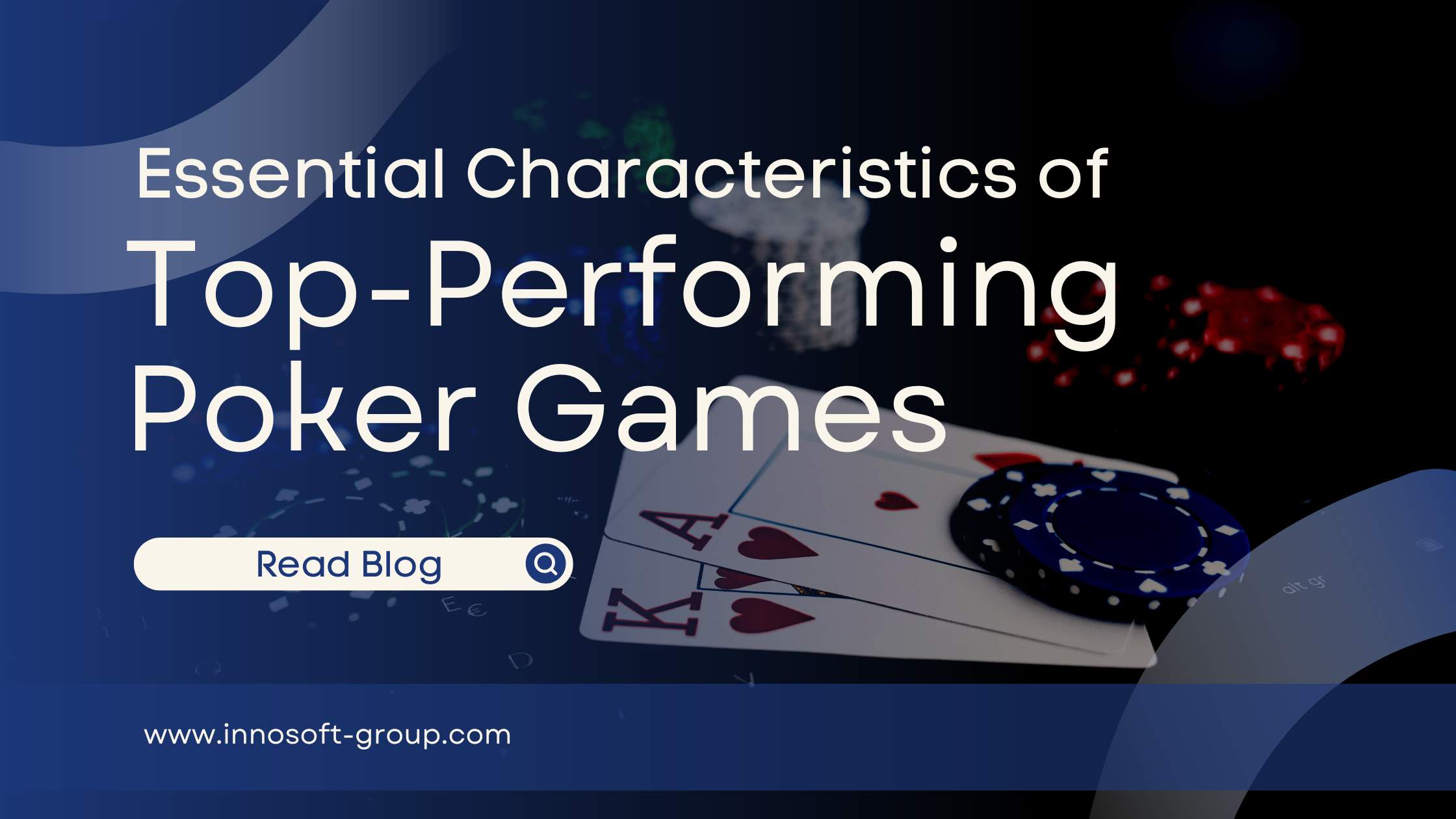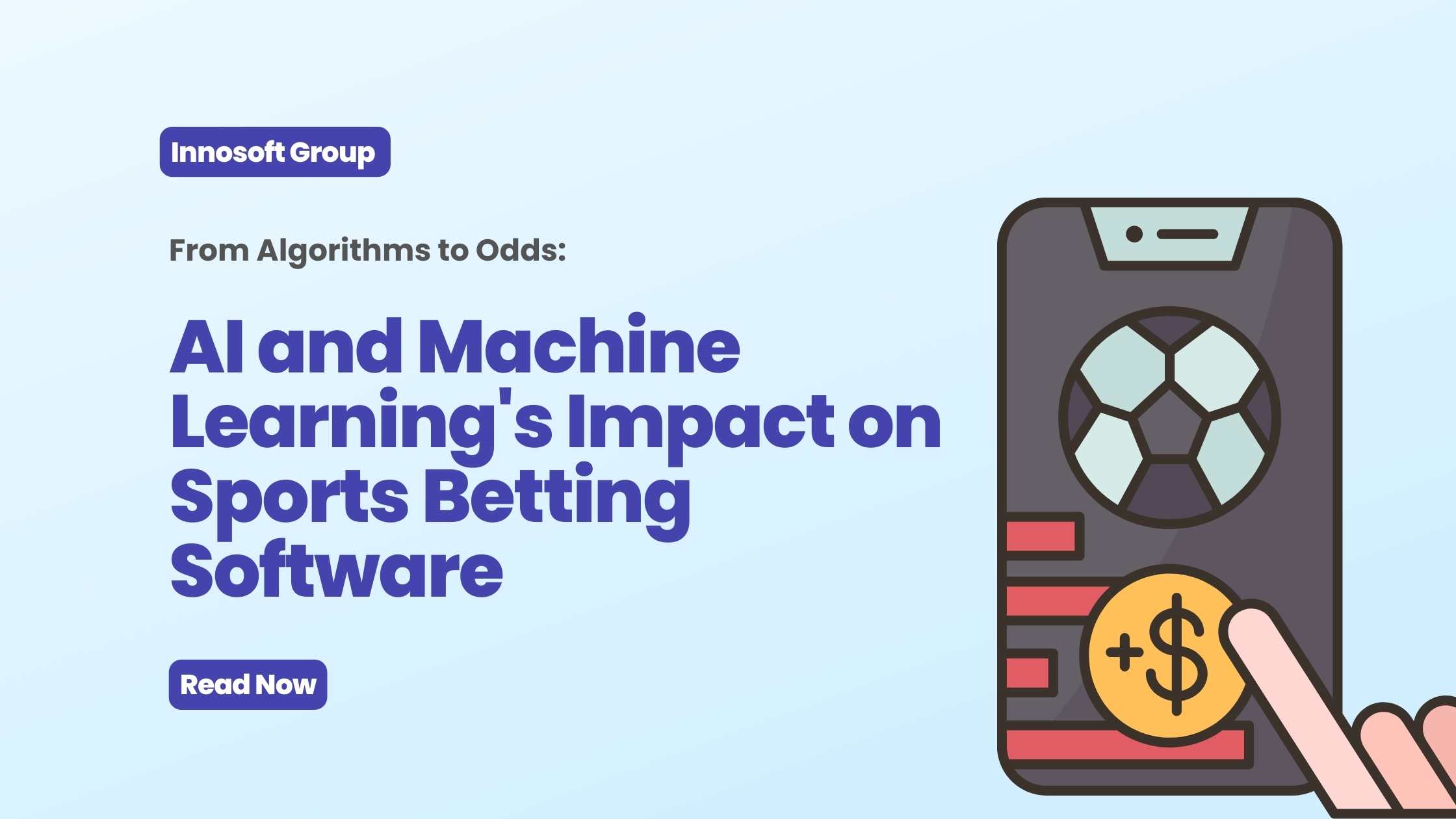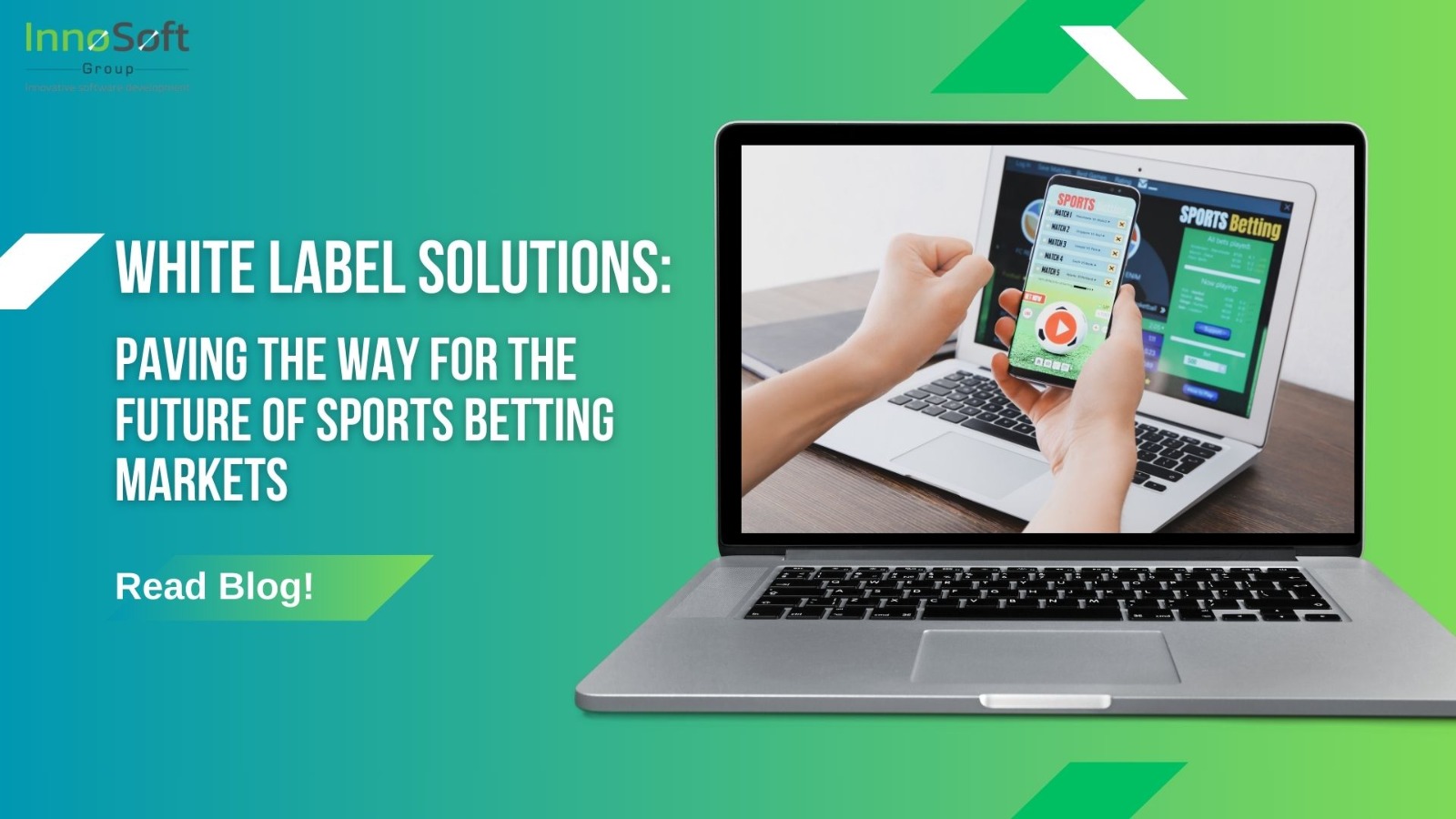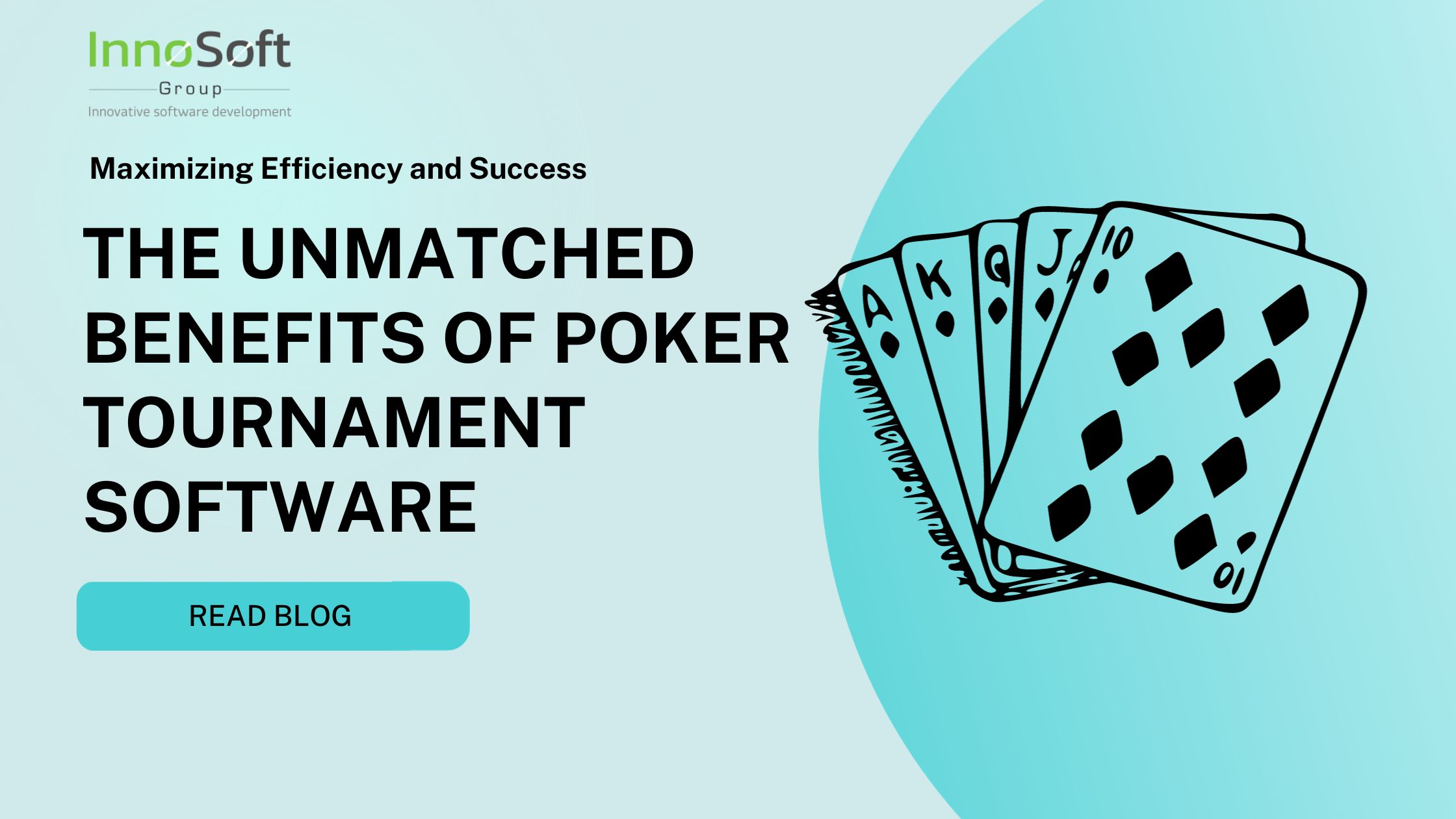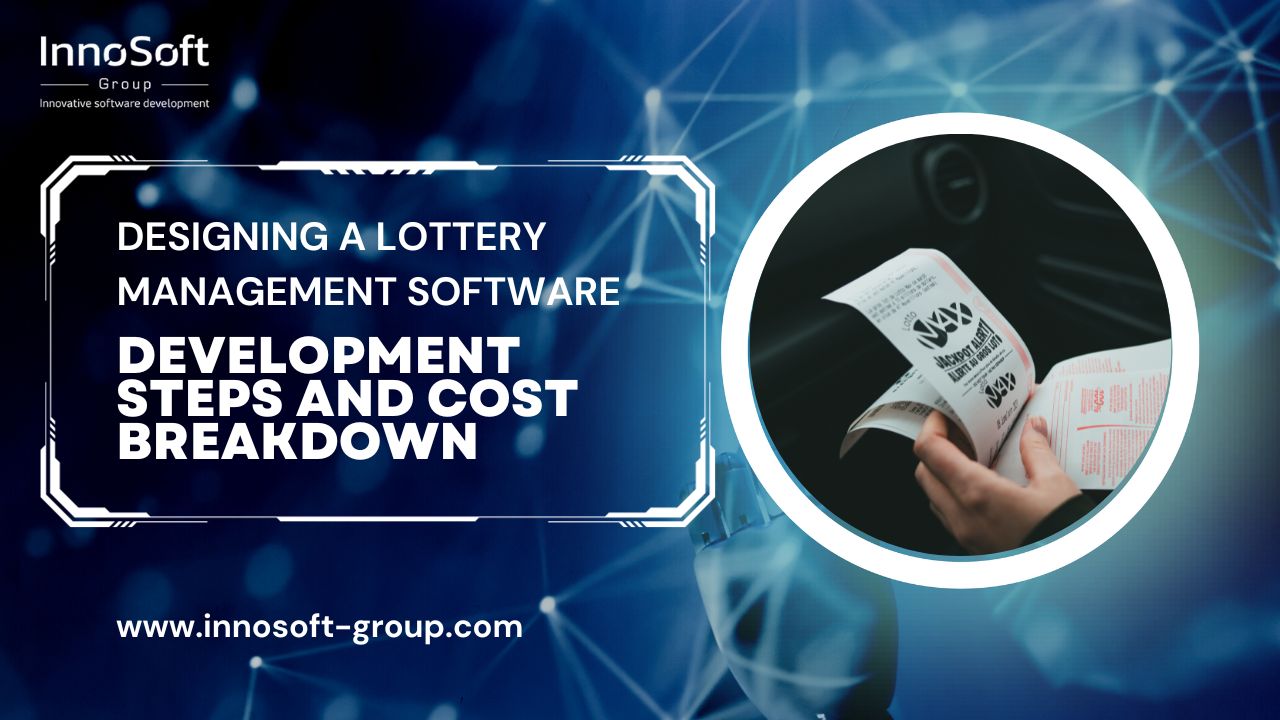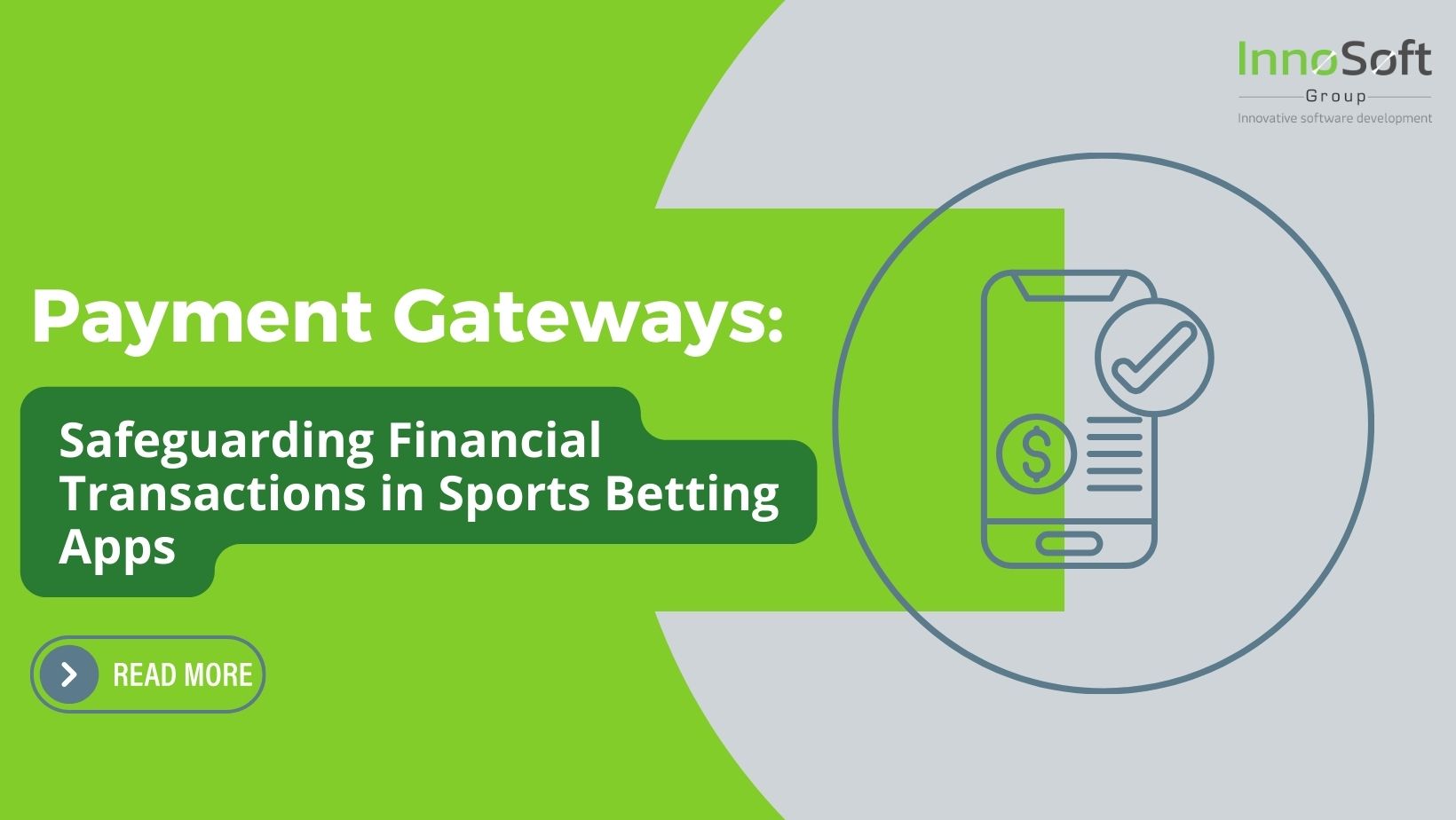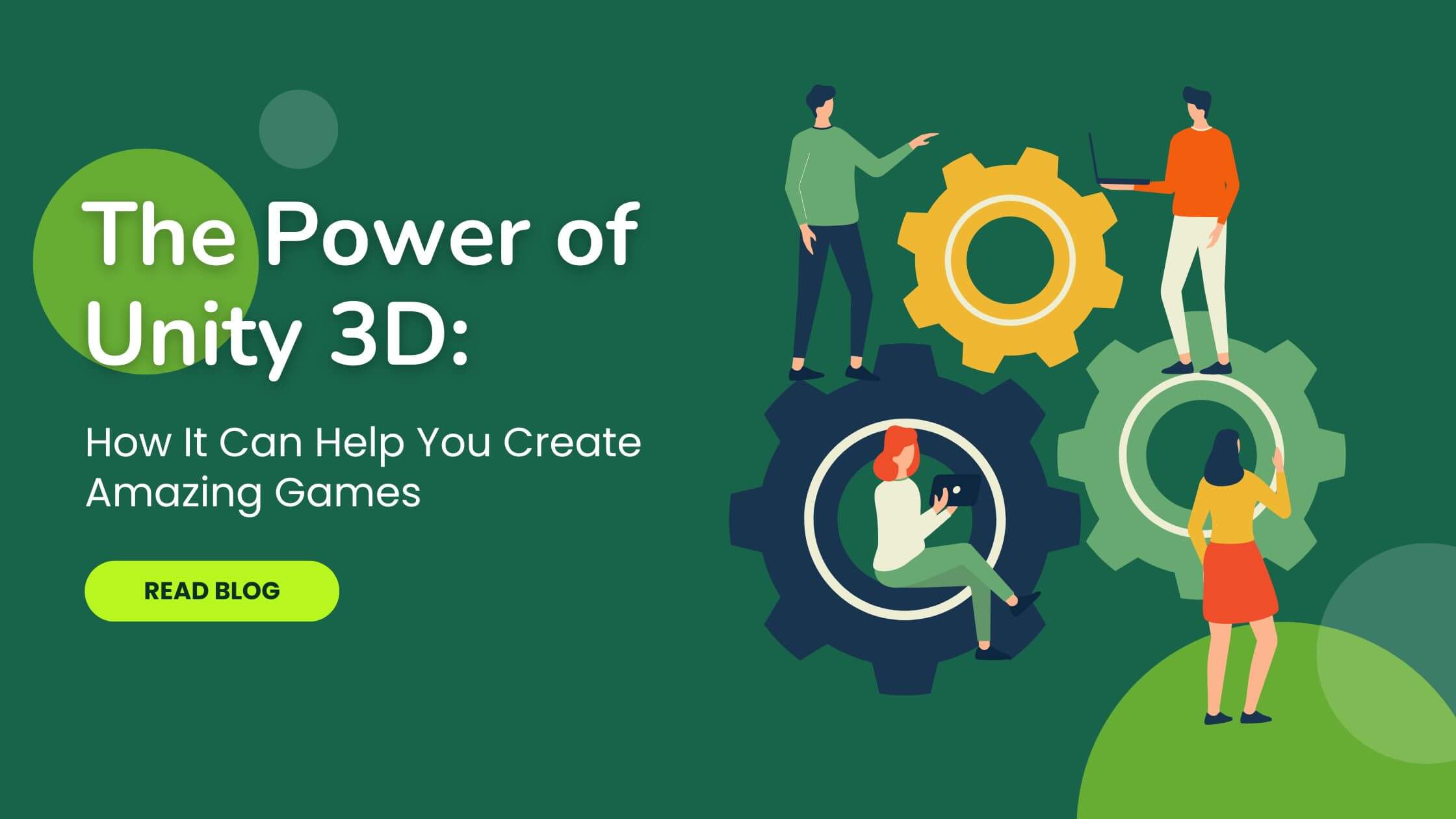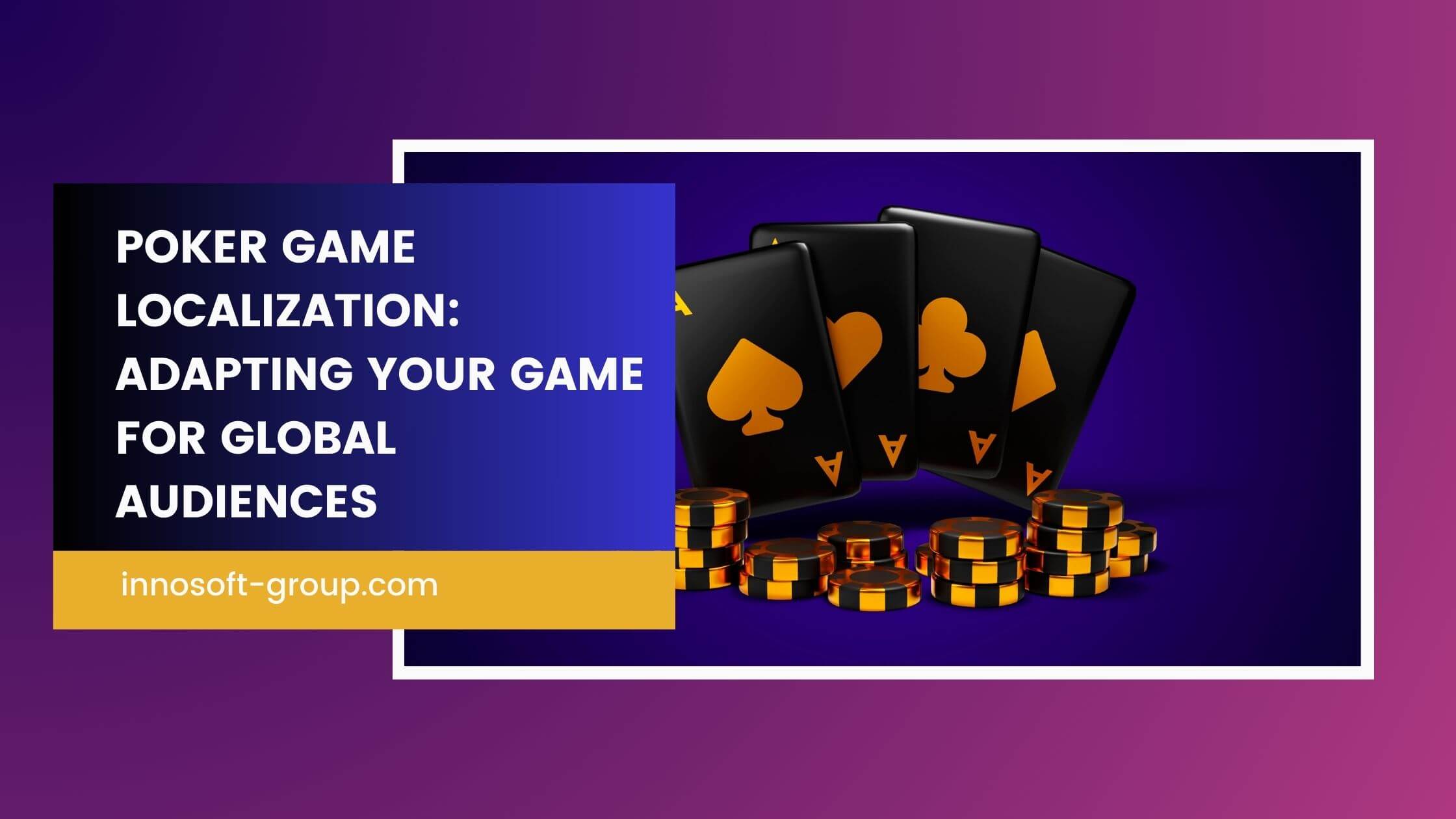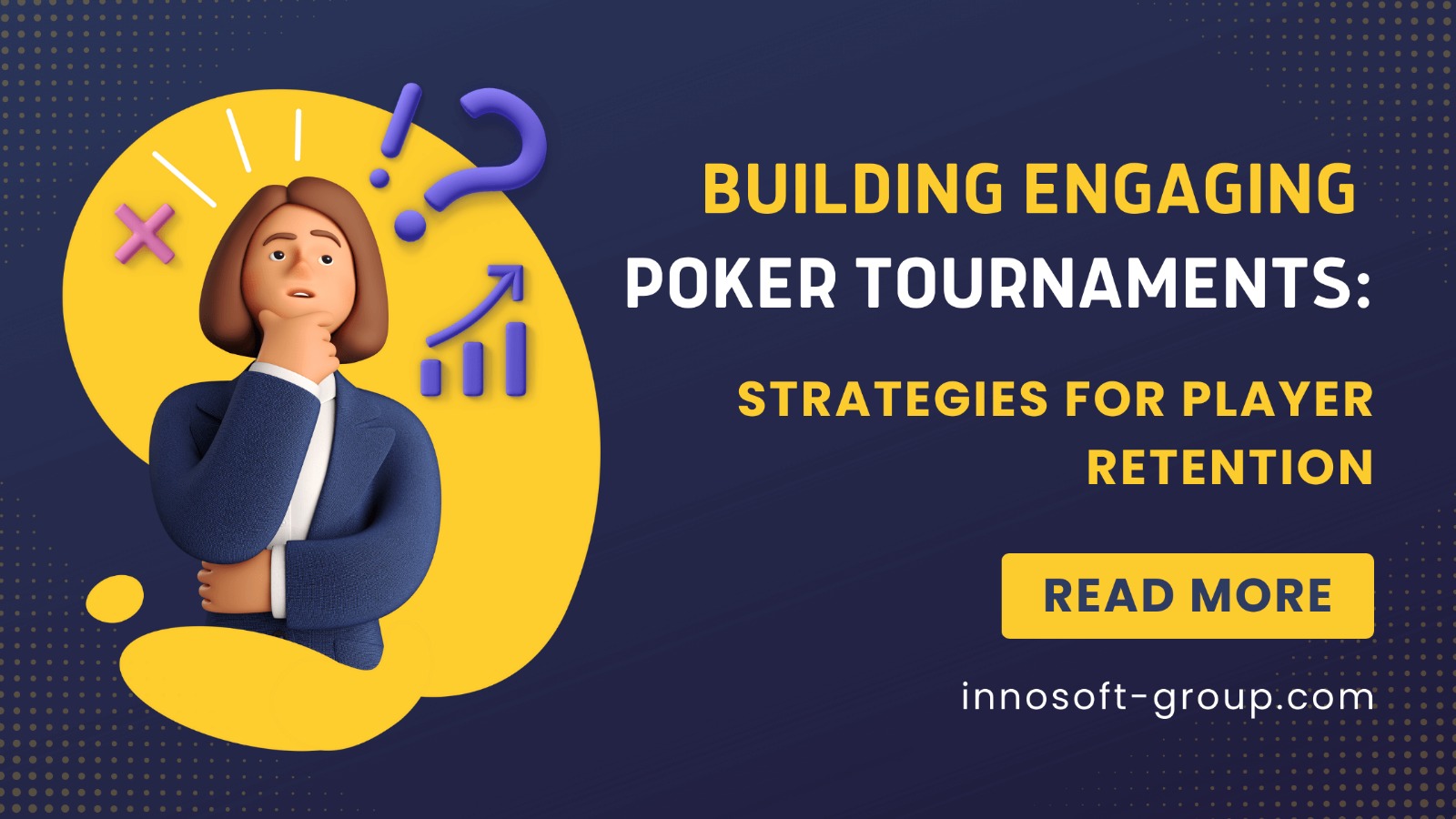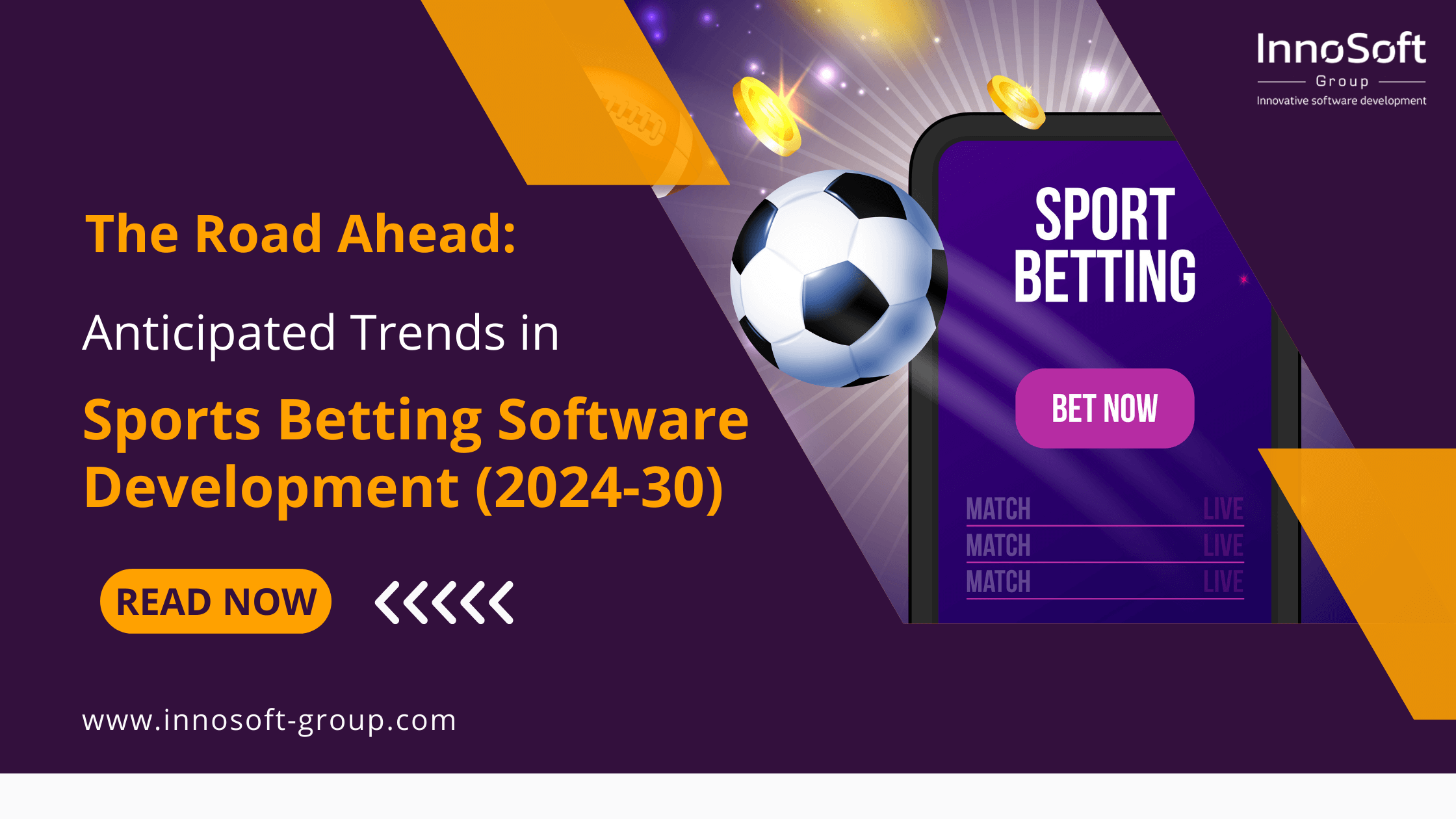When it comes to developing an NFT marketplace, selecting the right blockchain platform is critical. There are various factors to consider, including transaction and token development costs, smart contracts, possibility of forking, transaction speed, and security. One must carefully weigh these factors to make an informed decision. Transaction and token development costs are important to consider as it impacts the overall cost of launching an NFT marketplace. Smart contracts play a vital role in the execution of transactions and therefore the reliability of the platform. The possibility of forking is critical as it ensures that the platform is adaptable to changing market conditions. Transaction speed is a crucial factor as it determines the user experience and the efficiency of the platform. Finally, security is paramount to ensuring user trust in the platform. Careful consideration of these factors can help in selecting the ideal blockchain platform for NFT marketplace development.
Top Blockchains for NFT Marketplace Development
Following are some important blockchains for NFT development, along with a comparison to top blockchains
-
Ethereum:
Ethereum is the most popular blockchain platform for NFT marketplace development. It offers a high level of security, smart contract functionality, and scalability. However, transaction fees can be high due to the increasing demand for Ethereum-based NFTs.
To overcome this challenge, it’s essential to work with an experienced NFT Marketplace Development Company that can help you navigate the complexities of the Ethereum ecosystem. In terms of scalability, other blockchains like Solana and Avalanche are known for their high throughput and low transaction fees, which can make them attractive alternatives to Ethereum for NFT marketplace development. However, these blockchains are still developing their ecosystems and may not offer the same level of support and resources as Ethereum.
2. Binance Smart Chain:
Binance Smart Chain (BSC) is an excellent alternative to Ethereum. It offers fast transaction speeds and lower fees, making it ideal for NFT marketplace development. BSC is also compatible with Ethereum, making it easy to switch between the two platforms.
Other blockchains like Polygon (formerly Matic Network) and Solana also offer fast transaction speeds and low fees, which can make them attractive alternatives to BSC for NFT marketplace development. However, BSC has the advantage of being compatible with Ethereum, which can make it easier for developers to switch between the two platforms and take advantage of the benefits of both.
3. Polkadot:
Polkadot is a scalable blockchain platform that allows interoperability between different blockchains. It offers fast transaction speeds, low fees, and high security. Its unique architecture allows for customization, making it an ideal choice for NFT marketplace development.
Polkadot uses a sharded architecture that allows it to handle a high volume of transactions without experiencing network congestion. This means that NFT marketplaces built on Polkadot can handle a large number of users and transactions without experiencing slowdowns or delays.
When comparing Polkadot to other top blockchain platforms, there are a few key differences to consider. For example, while Ethereum and Binance Smart Chain are known for their smart contract functionality, Polkadot is more focused on scalability and interoperability. Additionally, while Solana and Avalanche offer fast transaction speeds, they do not offer the same level of customization and flexibility as Polkadot. While there are some concerns about its level of adoption and developer community, Polkadot is a promising platform that is worth considering
4. Tezos:
Tezos is a self-amending blockchain, which means that it can upgrade itself without the need for a hard fork. One of the key advantages of Tezos is its smart contract functionality. Tezos uses a programming language called Michelson, which allows for the creation of complex smart contracts. This makes it an ideal choice. Tezos also offers a high level of security, making it a reliable platform.
When comparing Tezos to other top blockchain platforms, there are a few key differences to consider. For example, while Ethereum is known for its large developer community and extensive ecosystem, Tezos is still in the early stages of development and adoption. Additionally, while Binance Smart Chain offers fast transaction speeds and low fees, it may not offer the same level of security and decentralisation as Tezos.
5. EOS:
EOS is a blockchain platform that was launched in 2018. It is designed to be a fast and scalable platform that can handle a high volume of transactions without experiencing network congestion. EOS uses a delegated proof-of-stake consensus mechanism, which allows for faster transaction processing times and lower fees compared to other blockchain platforms. EOS uses a programming language called C++ to create smart contracts, which can be used for a variety of functions.
However, one of the concerns with EOS is its centralized nature. Unlike other blockchain platforms such as Ethereum and Bitcoin, EOS uses a smaller number of block producers to validate transactions and maintain the network. This has led to concerns about the centralization of the platform and the potential for abuse by the block producers.
While Binance Smart Chain and Polkadot offer fast transaction speeds and low fees, they may offer a higher level of decentralization compared to EOS. Additionally, while Ethereum and Tezos are known for their smart contract functionality, EOS uses a different programming language and may require a different approach to NFT marketplace development.
6. Tron:
Tron is a blockchain platform that was launched in 2017. Tron uses a programming language called Solidity to create smart contracts, which can be used for a variety of functions. Tron’s ecosystem also includes APENFT, a decentralized platform for NFTs that runs on the Tron network. APENFT offers a range of tools and features for NFT creators and collectors, including an NFT marketplace, tokenization services, and social features.
When comparing Tron to other top blockchain platforms, there are a few key differences to consider. For example, while Binance Smart Chain and EOS offer fast transaction speeds and low fees, they may offer a higher level of decentralization compared to Tron. Additionally, while Ethereum and Tezos are known for their smart contract functionality, Tron uses a different programming language and may require a different approach to NFT marketplace development.
7. Avalanche:
Avalanche uses a consensus mechanism called Avalanche-X, which allows for high-throughput processing of transactions with low latency. This means that the network can handle a large number of transactions quickly and efficiently.
An example of an NFT marketplace built on Avalanche is the DABANKING NFT marketplace. This marketplace allows users to buy, sell, and trade NFTs on the Avalanche network. It also offers a range of tools and features for NFT creators and collectors, including royalty payments, tokenization services, and social features.
When comparing Avalanche to other top blockchain platforms, there are a few key differences to consider. For example, while Ethereum and Binance Smart Chain offer similar smart contract functionality, Avalanche’s unique consensus mechanism may provide a higher level of security. Additionally, while Polkadot offers interoperability between different blockchains, Avalanche’s fast transaction speeds and low fees may make it a more attractive choice for some use cases.
8. Flow:
Flow is a blockchain platform that was launched in 2019 by Dapper Labs, the company behind popular NFT collectibles such as CryptoKitties and NBA Top Shot. It is specifically designed to be a blockchain for NFT marketplace development, with a focus on fast transaction speeds, low fees, and high security.
The NBA Top Shot platform is an example of an NFT marketplace built on Flow. It lets users buy, sell, and trade NFTs that have basketball highlights and related content. Many people love this platform and some NFTs on it have sold for hundreds of thousands of dollars.
Compared to other top blockchain platforms like Ethereum and Binance Smart Chain, Flow’s focus on NFT marketplace development is its key advantage. Flow is designed specifically for NFTs, which makes it more streamlined and efficient for both developers and users. Its sharding design and high-performance infrastructure may also provide faster transaction speeds and lower fees.
9. Cardano:
Cardano is a blockchain platform that was founded in 2015 by Charles Hoskinson, one of the co-founders of Ethereum.Cardano’s unique architecture ensures a high level of security.
One of Cardano’s unique selling points is its approach to security. It uses a proof-of-stake (PoS) consensus mechanism that is designed to be more energy-efficient and secure than the proof-of-work (PoW) consensus mechanism used by Bitcoin and some other blockchain platforms.
An example of an NFT marketplace built on Cardano is the SingularityNET platform, which allows users to buy, sell, and trade AI-related NFTs. The platform has become popular for its unique approach to AI and its use of blockchain technology.
When comparing Cardano to other top blockchain platforms, its unique architecture and approach to security are its main advantages. By using a PoS consensus mechanism and allowing native token holders to participate in decision-making, Cardano aims to create a more democratic and decentralized platform. Additionally, its focus on scalability and security make it an attractive choice for developers looking to build NFT marketplaces and other decentralized applications.
Cardano’s unique architecture and approach to security give it an edge when compared to other top blockchain platforms. With a PoS consensus mechanism and allowing native token holders to participate in decision-making, Cardano aims to create a more democratic and decentralized platform. Its focus on scalability and security also make it an attractive choice for developers looking to build NFT marketplaces and decentralized applications.
10. Harmony:
Harmony is a blockchain platform that aims to provide a high-performance, decentralized infrastructure for building scalable applications.One of the unique selling points of Harmony is its consensus mechanism. An example of an NFT marketplace built on Harmony is the MochiMarket platform, which allows users to buy and sell digital assets, including NFTs, in a decentralized and trustless environment.
Harmony solves the problem of high gas fees by charging lower fees. It also uses a new and more efficient PoS model called effective proof of stake (EPoS). In contrast, Ethereum is still using the slower and more energy-consuming PoS model.
Harmony provides scalability through sharding. Sharding splits the Harmony network nodes into smaller parts, which makes it easy to scale. This feature makes Harmony a great choice for building decentralized applications.
11. Solana:
Solana is a high-performance blockchain platform that offers fast transaction speeds and low fees. Its unique architecture allows for a high throughput of transactions, making it an ideal choice. Solana’s smart contract functionality allows for customizable NFTs, and it also offers a high level of security through its unique consensus mechanism, which is based on Proof-of-History (PoH).
If you are considering building an NFT marketplace on the Solana blockchain, it is important to work with an experienced Solana Blockchain Development Company. These companies can help you navigate the complexities of the Solana ecosystem and build a custom platform that meets your specific needs. Solana is a strong competitor to Ethereum, with faster and cheaper transactions. Polygon is also a contender, with fast transactions. Ethereum remains the most diverse and transparent platform. Solana and Polygon’s interoperability is a plus.
Solana and Polygon’s fast and affordable transactions enable developers to create DeFi apps and NFT markets that are accessible to more people.
12. Polygon:
Polygon is a scalable blockchain platform that offers fast transaction speeds and low fees. Its smart contract functionality makes it an excellent choice for NFT marketplace development. Polygon is compatible with Ethereum, making it easy to switch between the two platforms.
Moreover, Polygon is compatible with Ethereum, allowing for easy integration with Ethereum-based applications. Developers can easily port their smart contracts and DApps to Polygon, thus avoiding high gas fees on the Ethereum network. This interoperability makes Polygon an attractive option for developers looking to build cross-chain applications.
Solana, Polygon, and Ethereum are distinct blockchain technologies that provide unique features. Solana and Polygon have faster and cheaper transactions, secure PoS consensus mechanisms, cross-chain interoperability, and robust support for DeFi and NFT use cases. On the other hand, Ethereum was the first to introduce smart contracts. As the cryptocurrency market evolves, it is important to understand the advantages and disadvantages of each technology to make informed decisions about their usage.
Conclusion
There are several blockchain platforms available for NFT marketplace development. Each platform has its own unique features and advantages, making it crucial to choose the right platform based on your specific requirements. Ethereum and Binance Smart Chain are the most popular platforms, but several other options offer comparable functionality.
If you are looking for a reliable NFT Marketplace Development Company to build your own NFT marketplace, Innosoft Group can help. With our experienced team of developers, we can build custom NFT marketplaces that meet your specific requirements. Our team can help you navigate the complex world of blockchain technology and create a platform that delivers a seamless user experience. Contact us today to learn more about how we can help you enter the exciting world of NFTs.

